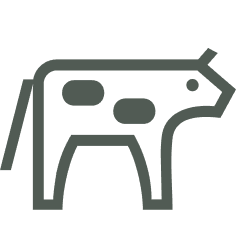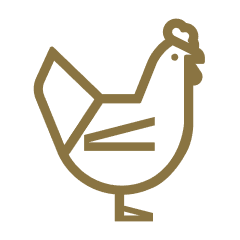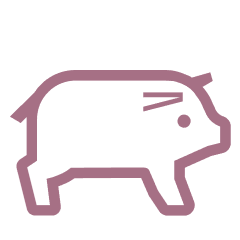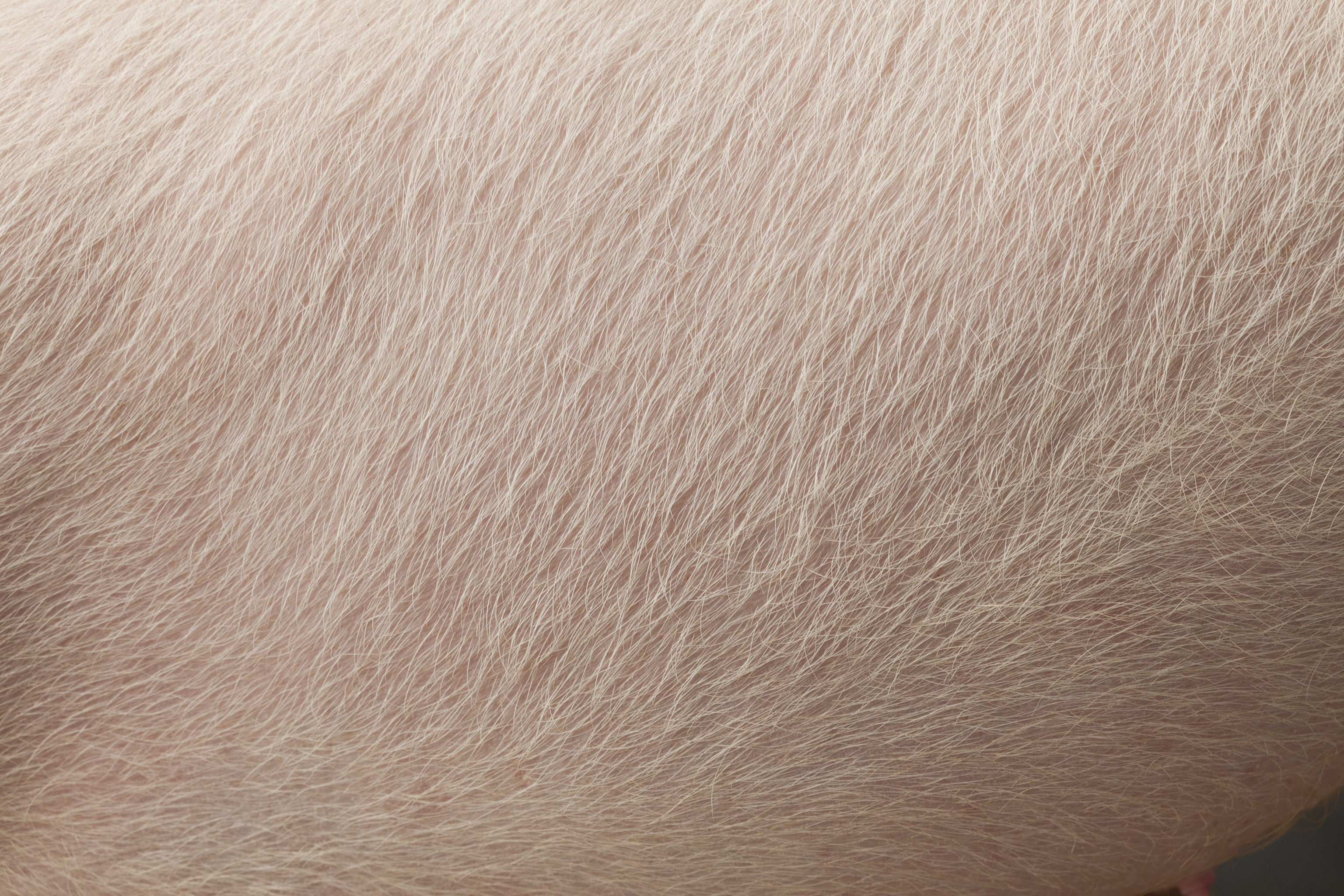Despite common use, stress is medically defined as the functional response of an organism to any kind of stimulus (stressor, that can be of any intensity and duration). Stressors can have different nature and alter the physiological equilibrium of the organism. During their life, reared animals are exposed to many stressors, such as pathogens, toxins, and injuries, but also environmental conditions (i.e. high/low temperature, overcrowding, or re-grouping) and physiological events. In mammals, weaning is a really stressful period, because animal experiences a lot of changes. Other causes of stress are transport, crowding, high/low temperature, etc. Therefore, even if they are not clinically sick, animals are really stressed!
The common results of a stressful period are the reduction in live performance and a general lower resistance to pathologies. The background of these results includes different conditions, particularly related to cortisol production, but also intestinal damages and mucosal impairment. Piglets weaning causes the disruption of the tight junctions and the inflammation of the intestinal mucosa with loss of barrier function (Moeser et al.). At the same time, the age of weaning is really important to prevent these damages: the earlier is the weaning, the worse is the intestinal barrier function. This means that early-weaned piglets are more susceptible to toxins and pathogens passage to the bloodstream and that the epithelial morphology is impaired (Smith et al.). Heat stress is also dangerous for reared animals: they dissipate endogenous heat increasing the peripheral blood circulation, but doing this, they divert the blood flow far from the viscera and cause intestinal hypoxia. The result is that barrier function is lost and permeability to LPS increased, with a higher incidence of toxemia and lower dietary nutrient absorption.
Even if it is impossible to eliminate all stressors from animal life, nutrition is a powerful tool to mitigate stress effects. As we have seen, intestinal health and mucosa integrity are really important. AviPlus®S contains a balanced specific blend of sorbic and citric acid, thymol, and vanillin, specially designed to exert a synergistic antimicrobial and anti-inflammatory effect at the intestinal level.
AviPlus®S can also reduce intestinal inflammation. It was tested in weaned piglets at 5 kg/MT for 14 days. The treated group had an improvement of about 49% in the overall ADG compared to the control. AviPlus®S also had an anti-inflammatory effect on the intestinal mucosa, demonstrated by the epithelial lower paracellular permeability (up to -36%), net ion transport (up to -101%), and the lower production of all inflammatory cytokines. AviPlus®S improved both live performance and intestinal health (Grilli et al.).
As a consequence of weaning stress pigs are more susceptible to bacterial infections such as E. coli K-88 and other intestinal pathogens, which can worsen an already compromised situation. As antimicrobial, organic acids and nature identical compound work together against pathogenic bacteria present in the intestinal microflora. The synergistic activity is well recognized against different pathogens. As an example, Figure 1 reports the results of the antimicrobial activity of two active molecules contained in AviPlus®S. Each molecule exerts a slight antimicrobial effect against all tested pathogens, with a bacterial growth often comparable to the control. Once in combination, the same concentrations of the two molecules lead to the complete inhibition of the bacterial growth, as a result of the synergistic activity.
In conclusion, stress is unavoidably but AviPlus®S is a useful tool to reduce the impact of stress on animal live performance, reducing the effect of inflammation on the intestinal mucosa and modulating gut microflora, resulting in an improvement of animal health.
Figure 1: Antimicrobial effect (minimal inhibitory concentration test) of an organic acid (OA) and a nature identical compound (NIC) contained in AviPlus®S (alone or in combination) against different pathogens.
For more information: marketing@vetagro.comRead the cited peer-reviewed paper (Grilli et al.) here.









